On Friday April third the Oceans and Climate class, composed of half the senior class, took off to Woods Hole, Cape Cod to visit SEA (Sea Education Association) and Wood’s Hole Oceanographic Institute. We were there on a mission to further our knowledge about plastics in the ocean, ocean acidification, and taking a semester abroad with S.E.A.
We began our trip at SEA and learned about their extensive programs for college students looking to take a semester on the ocean. Since 1971 SEA has taken thousands of students all over the Atlantic and Pacific and has taught them countless lessons. “For nearly 45 years, SEA Semester students have been conducting research, collecting data, and contributing to what we know about the world’s oceans, but that wealth of knowledge is just a fraction of what remains to be discovered”(sea.edu). SEA takes in students of any major and turns them into sailors and scientists. Traveling on two different tall ships students learn to handle the ship, take data, and gain leadership skills. “SEA is an educational institution dedicated to exploration, understanding and stewardship of the oceans, and to the study of humanity's relationship with the oceans”(sea.edu).
We next were introduced to the horrific world of plastics in the ocean. Many people believe that there are large islands of plastic floating off the coast, brought together by oceanic gyres, that are contaminating our planet. To be honest, the reality of the situation is much worse. When plastic is thrown into the sea the water erodes it into small small pieces of plastic. These specs float by the surface of the water, nearly invisible to the human eye. But the plastic is finding it’s way around. Many fish and small species are eating the plastic and thus as they move up the food chain the plastic ends up in the stomach of large mammals. It’s may be mistaken for food but on the plastic, recent studies have shown, bacteria is growing that could be dangerous to many ocean dwellers. Plastic is polluting our waters and it needs to stop.
To add to the already saddening news Scott Doney, a marine chemist and geochemist, spoke to us about ocean acidification; a growing problem in our oceans. Ocean acidification is linked to global warming and the increase of carbon dioxide in our atmosphere and it’s dissolving into our oceans. Acidification is bleaching coral reefs, killing off many ocean species that rely on reefs and fish that don’t, as well it is contaminating the waters.
To lighten the mood of the day our class took a journey down to Woods Hole Oceanographic Institute and got a tour from none other than the deep sea veterinarian: Hovey Clifford. We were given a tour around the headquarters and had the utmost honor of getting a tour around their main ship: The Knorr. “The research vessel Knorr is owned by the U.S. Navy and operated by WHOI for the ocean research community. Knorr is best known as the ship that supported a team of WHOI and French researchers in 1985 as they discovered the wreck of the RMS Titanic”(whoi.edu). The ship was absolutely fascinating. With extensive labs and so many buttons for the captain to press it felt as though we were walking on the goddess of all ships. After stepping off the magnificent mass of metal we got to see the Deep Sea Challenger, the first deep sea submersible to carry a person into the Mariana Trench.
After a long day the seniors hopped back of the van and made their way back to the Waring School quietly thinking over their day on the water.
Featured
Sign up for updates

©2021 Waring School. All rights reserved.

